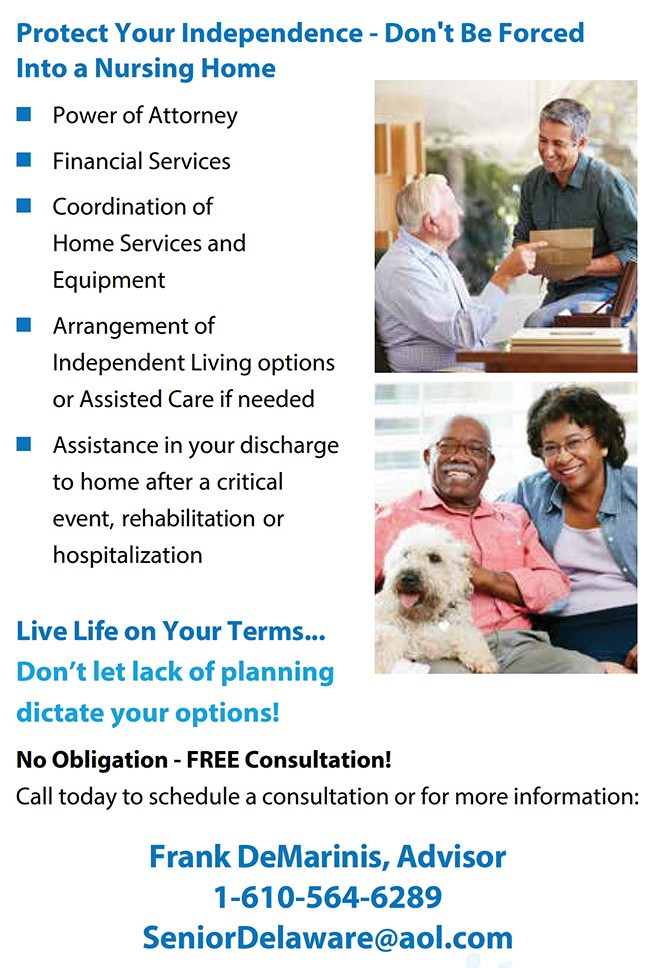Seniors & Calculating Coronavirus Risk?
 By Frank Demarinis
By Frank Demarinis
Early in the pandemic, older adults were told to stay home. With different states reopening or re-closing, weighing risks become complicated.
For weeks, Dan and Nancy debated whether to proceed with a long-planned family trip to Maine. “It looked picture perfect,” said Nancy, 75. It may be a once in a lifetime opportunity. In addition to a seaside luxury travel experience, it proved a rare opportunity to see the extended family together. After all, it was remote and a low risk activity. He wasn’t so sure. Both retired, they’d been cautious through the pandemic, while neither had health conditions, age alone put them at higher risk. They avoided supermarkets, relying on grocery delivery services. Dan wore gloves getting the mail. “It’s not fun for him, or myself if we travel in fear.”
Centers for Disease Control report Covid-19 hospitalizations rise with age, from 12 per 100,000 among those 65 to 74 to 17 per 100,000 for those 85+. Though risk of infection appears no higher for those over 65, it can be more detrimental if you do develop the disease. Those that recover may not return to the same physical or mental condition. Less resilient immune systems from underlying conditions like diabetes, heart, lung or kidney disease and obesity have greater risk. Geography also matters. Travel to the Maine lake home may define less risky behavior than a jaunt to Florida and Arizona, based on current rates. Even count by county may indicate behavior whether you reside in Kent or at the beach versus New Castle County.
Regardless of decisions on risk tolerance, basic precautions public health leaders agree on both young and old alike include wearing masks in public, maintaining at least six feet of distance from others, avoiding crowds and proper hand hygiene. Some basic tips from geriatric physicians:
- Outdoor activities are safer, but if indoors, open a window or crack a door. Even small changes in room seals dramatically change the way aerosols travel and land. Going to places early before crowds develop or reserving establishments for first of day appointments reduces risk and concern of sanitation practices before seating or visits.
- Discuss details on invitations whether a birthday, barbecue or bereavement. Is it indoors/outdoors, is there room to distance, will guests wear masks? One can show their support at the burial site and avoid the church. One can cater their participation based on their tolerance for risk.
- It is critical for older patients more than ever to stay up-to-date on recommended vaccinations, which appear to boost immune responses against illnesses beyond those they are intended by ramping up the body’s response. Tests are already focused on how century-old tuberculosis and decades-old polio vaccines offer limited protection against coronavirus. (Johnson and Mufson, 6/11)
- Emergency plan: Who is legally authorized to respond if you are ill (Advance Directive) and who is authorized to maintain your affairs if required. If you care for a disabled spouse, who is your successor agent in your power of attorney? A simple revision referred to as a codicil or revision to trust may be needed.
- I’d like to offer thanks to our palliative liaisons this month with hospital access maintaining Covid-19 testing. You’ve been essential in directing care for our clients, including those with family having been prohibited from visitation. You have been the eyes and ears in a very difficult time.
Advanced Directive, LLC is a Non-Profit 501c3 Initiative, advocating for senior independence. Live life on your terms . . . Don’t let lack of planning dictate your options. For more information, or for assistance with Medicaid, medical directives, or care planning, contact Frank Demarinis at 1-800-564-0173.
Our non-profit grant program has free consultation and grant slots for 85+ who are at risk, have had a recent nursing home stay, or who would benefit from an Assigned Power of Attorney (Health or Financial), or who are at risk of frequent re-hospitalization.
1-800-564-0173


